Salford involved in Smart Metering Internet of Things (SMIOTS) project

The University of Salford is part of a project examining how smart monitoring can help households take more control of their energy use.
Smart Meters > Smart Homes (SMSH) lab, part of Energy House Labs at the University, is a member of the Smart Metering Internet of Things (SMIOTS) consortium, exploring how smart controlling can help households manage their energy use for grid stability purposes.
Funded by the Department for Energy Security and Net Zero the trial is looking to innovate the functionality of the smart meter system to help in the goal of reaching net zero by 2050.
The SMSH lab has joined forces with prominent smart energy company Hildebrand Ltd (project lead), Utilita Energy, and the Smart Data Communications Company (DCC), to demonstrate how the innovative ‘Smart Energy Controller’ – a Standalone Auxiliary Proportional Controller (SAPC) – can manage the energy load of high-energy consuming devices, such as Air Source Heat Pumps (ASHPs) and EV chargers, to deliver energy flexibility services. Management will happen within the context of individual homes, e.g. is the home warm enough to turn down the Heat Pump? Is the EV charged enough to meet the driver’s needs?
The innovative device will enable the automatic shift or reduction of the energy load of the connected appliances to outside peak demand periods. The innovation will see households better equipped to respond to the challenges related to the decarbonisation of space heating and transportation.
Experts at Salford’s Energy House Labs (EHLs) have contributed to the feasibility and R&D phases of the project and will also test it in the newly-launched Salford Smart Home (SSH) facility.
University Fellow and project lead of SMIOTS for the Salford’s tasks, Ioannis Paraskevas, said:
“SMIOTS is an innovative and highly impactful project. If the device is deployed nationally, it will not only contribute to the stability of the grid which is the primary scope, it will also have the potential to play an important role in data-driven policy making on fuel poverty alleviation as the device will monitor internal (home) humidity and temperature. Furthermore, this innovative solution utilises the highly-secure Smart DCC infrastructure providing peace of mind, in terms of privacy and cybersecurity, for the customers.”

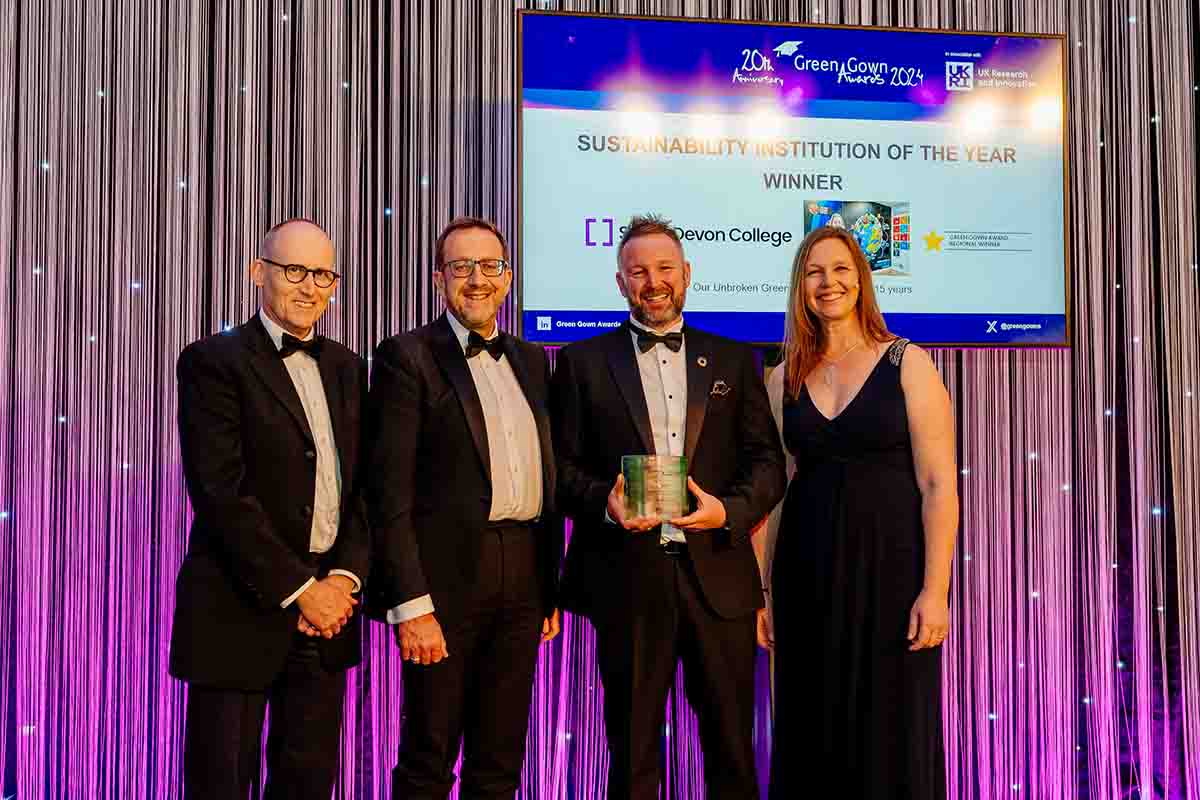
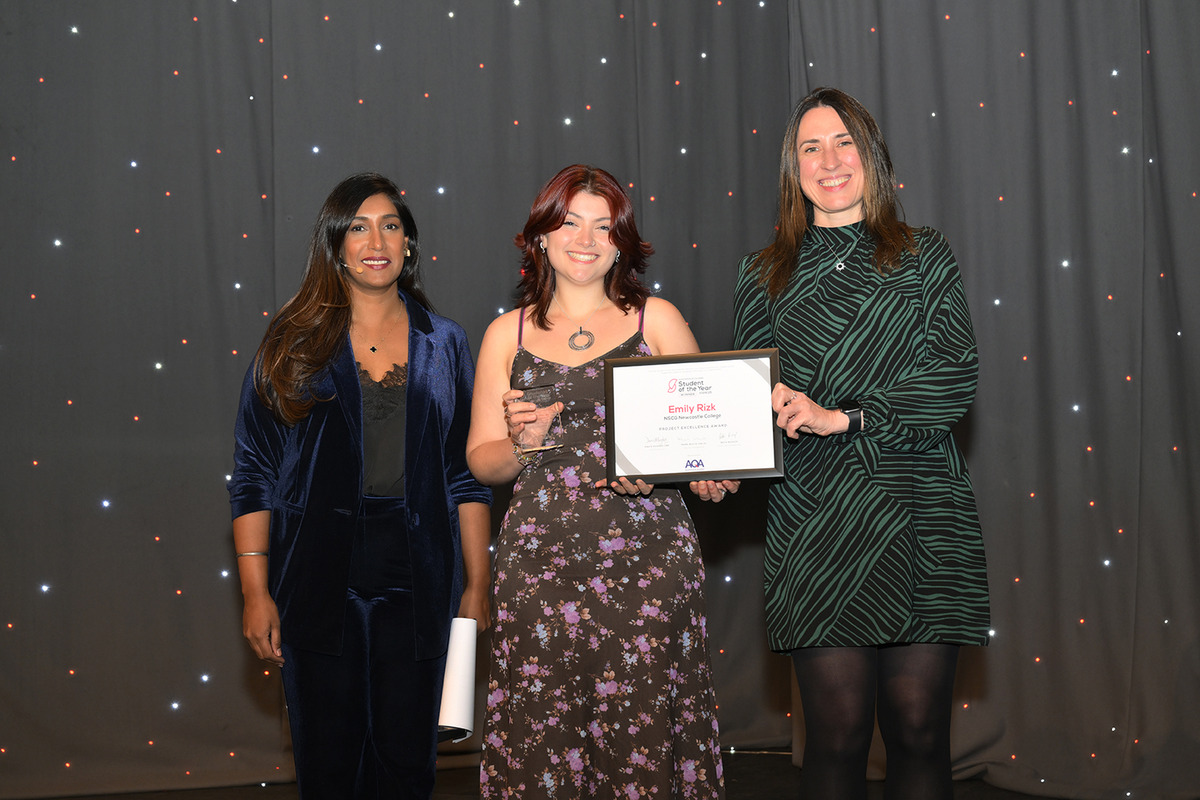
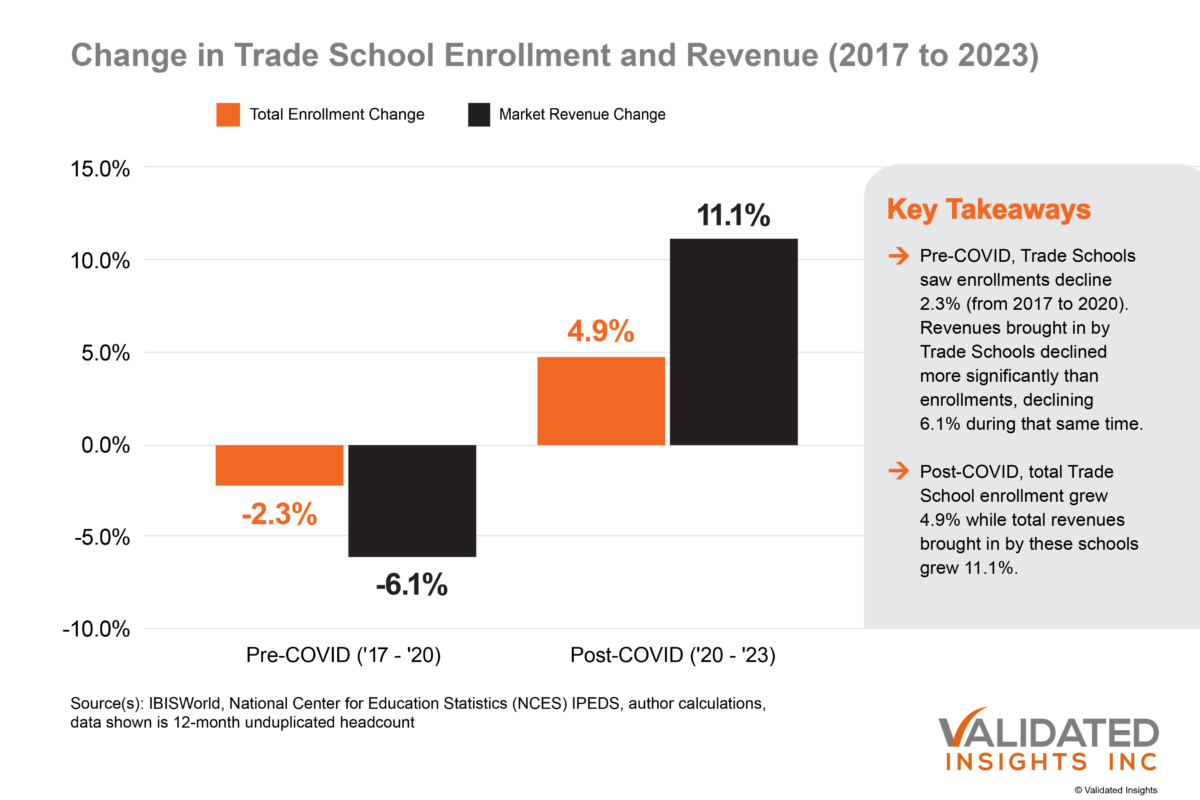

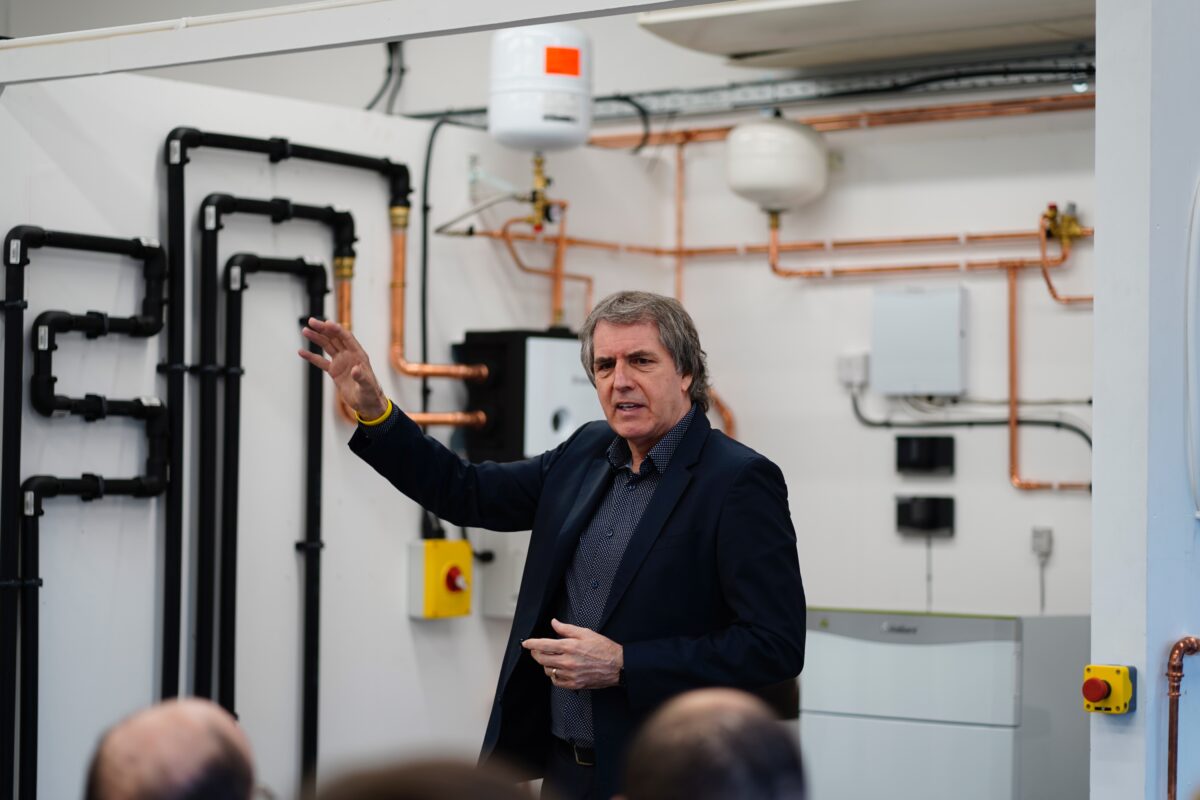



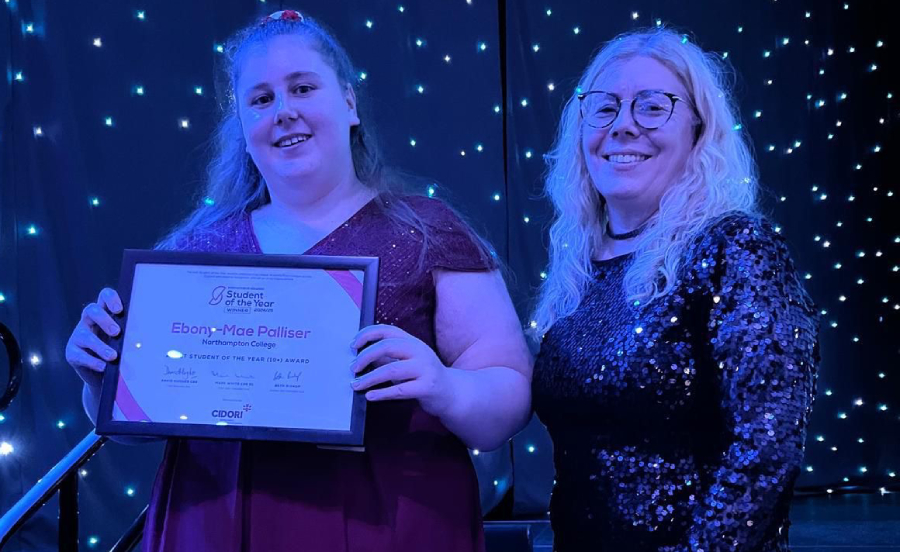

Responses